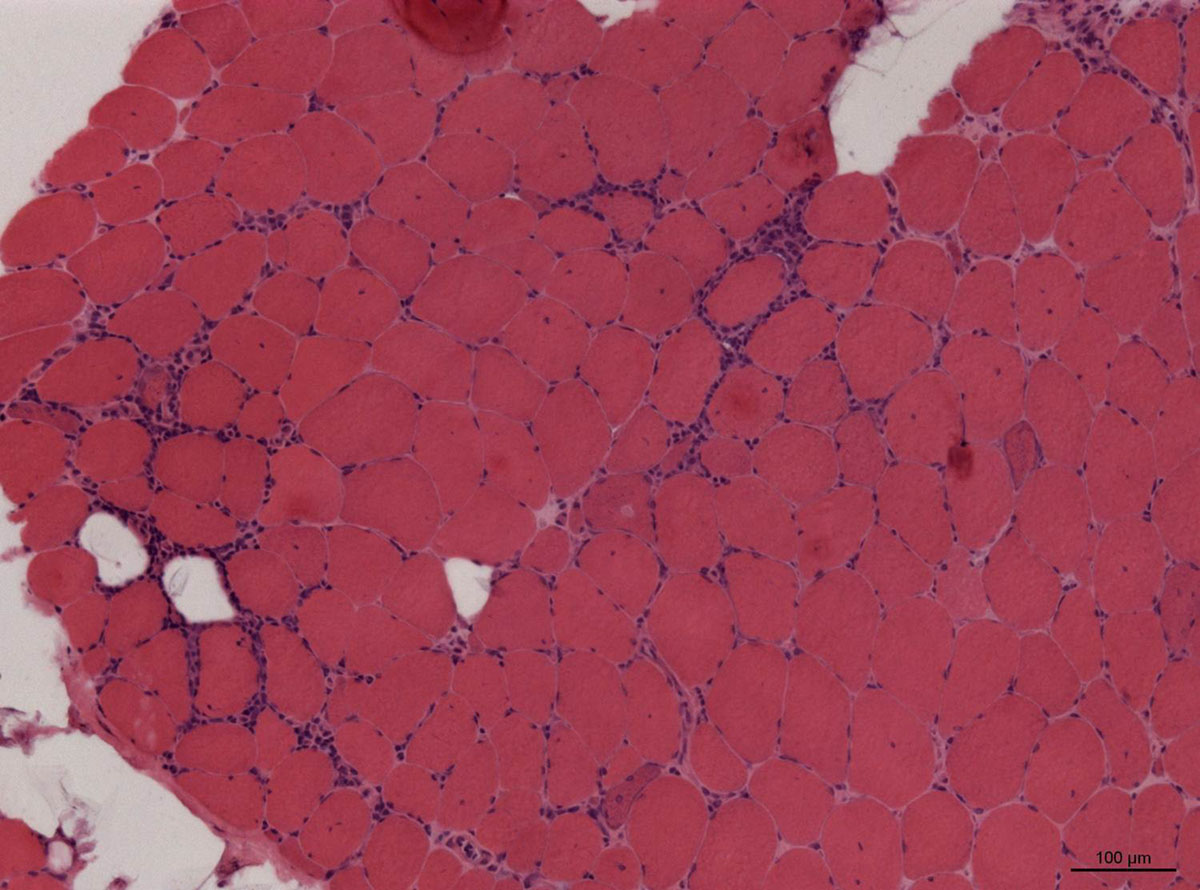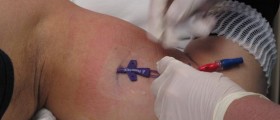
Myositis - Overview
Myositis is a medical term for the inflammation of the muscles. There are several types of myositis and they include myositis ossificans, polymyositis, fybromyositis, dermatomyositis, juvenile dermatomyositis, idiopathic inflammatory myopathies, inclusion body myositis and pyomyositis. Most of these types are actually autoimmune diseases. Myositis is rarely caused by direct infection. An infection is more considered as potential trigger for abnormal response of the immune system. In some cases myositis occurs as a side effect of certain medications such as the lipid-lowering drugs statines and fibrates. The condition typically leads to destruction of the muscle fibers and release of creatine kinase. This is why elevated level of creatine kinase is an indicator of this medical condition.
Management and Treatment for Myositis
There are several treatment options for myositis. They include rest, medications and physical therapy. Which of these options is going to be applied depends on the type of myositis and its severity. Patients are sometimes treated with all of them. Physical TherapyPhysical therapy consists of specific exercise program and is vital part of the treatment. The goal of the physical therapy is to restore the strength of the affected muscles. Patients perform exercise under supervision of well experienced physical therapist and initially they are not supposed to exercise vigorously since this may cause further damage of the muscles. According to physical examination and laboratory tests a doctor decides when is the most suitable time for patients to start with rehabilitation.
Apart from physical therapy patients are advised to get plenty of rest especially in initial stage of the disease. Some activities may be allowed and once again the doctor decides what a patient can or must not do. MedicationsAs it has already been mentioned many types of myositis are actually autoimmune diseases. This is why patients are commonly prescribed anti-inflammatory medications.
The first line of medications given to patients suffering from myositis includes corticosteroids. Even though corticosteroids are mighty fighters against inflammation they also posses numerous side effects such as weight gain, rounding of the face, thinning of the bones, high blood pressure, diabetes, increased risk of infections etc. Patients are initially administered high doses of corticosteroids and then the dose is gradually reduced. They are thoroughly monitored for any sign of side effects.
Immunosupreassants are prescribed if there is no response to corticosteroids. The most commonly prescribed immmunosupressants for myositis are methotrexate and azathioprine. These medications also have many side effects and during the treatment patients are monitored and they come to regular consultations. This way the doctor has insight in response to the treatment and can timely detect potential side effects of prescribed drugs.

















Your thoughts on this
Loading...